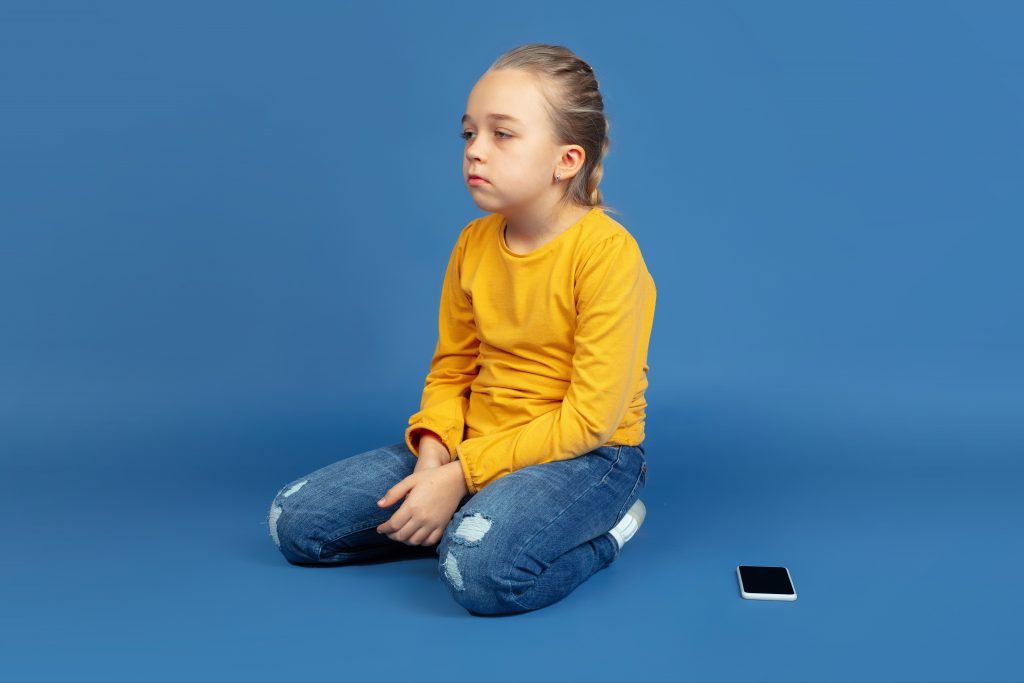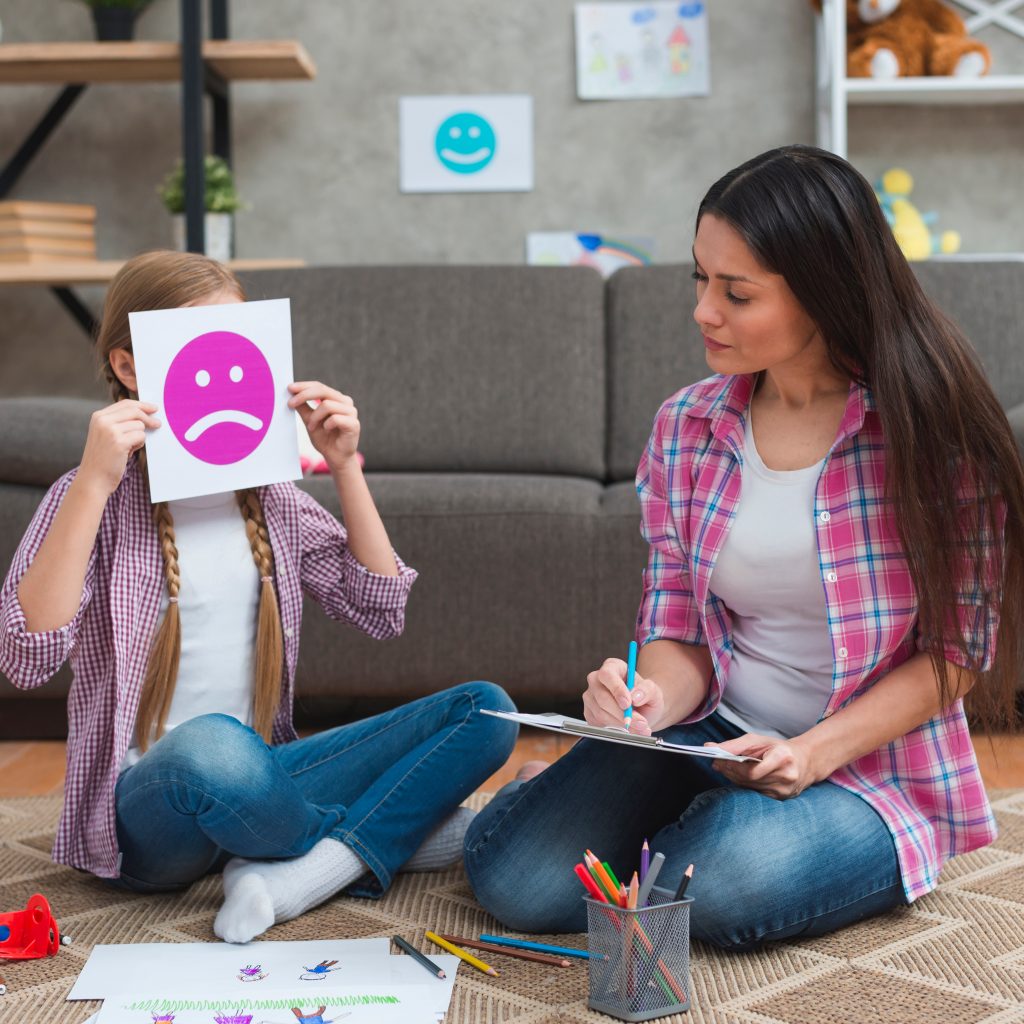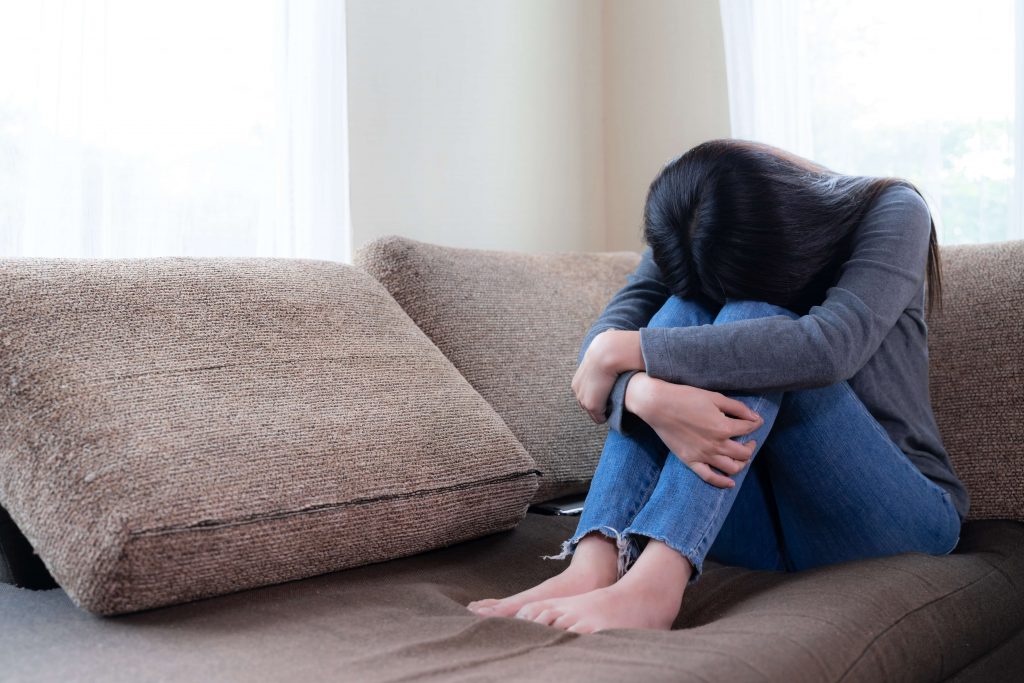Teenagers who use Instagram as a way to express themselves and show off their talents like singing, artwork, poetry, etc. tend to have a positive experience with the app. With a balance between using Instagram with other activities (not just endless surfing the newsfeeds), your child can build a useful network of friends and build positive images and reputation for them.
However, life is not a rosy color, if not used intelligently and properly, your child will be negatively affected which in turn, affecting their cognition, physical and mental development.
Let’s take a look at 5 negative effects of Instagram on your daughters.
5 negative effects of Instagram on your daughters
Constantly comparing themselves to others
Compared to Twitter, Facebook or YouTube, Instagram seems to lead to more comparisons between us and others. This, in turn, contributes to increased anxiety and depression due to the feeling of not feeling good enough about yourself. It is a real concerning social media and self esteem relationships.
Your child is constantly exposed to “idealized” images of other peers, successful women, designer women or couples, and life in general. More exposure is associated with decreased happiness in one’s own life.


The attractiveness of an image is determined by the likes
On an Instagram post, the likes (often fake or purchased) changed the appeal of that photo to viewers. For example, when your child sees a highly liked image, their brain (most likely the accumulator nucleus, or reward circuit) will instinctively associate it with something better, cooler, regardless of the what is the content.
Your child’s brain when regularly using social networks, especially Instagram, will really be able to dislike images with more likes than images with few likes. Sometimes this, in turn, affects the way girls see social approval and what it takes to get more “likes” on social media.![]()
![]()


High risk of accessing harmful content
Instagram has a Discover feature, which sorts public content algorithmically based on user interests and interactions. Content that gets the most likes, comments and clicks will easily be shown first. Often the content that is easy to get attention will be related to pornographic, adult images/videos.
Try and you might love this:
It’s not just porn, because searching on Instagram can also use hashtags, so your kids can reach dangerous challenges, users with biased or racist views, individuals using drugs, violent photos, and other inappropriate content.
Many parents have prevented their children from accessing harmful content such as pornography, violence, gore, etc. by using Internet content filtering tools, better protecting their children in a safe and healthy online environment.


Believe the fictitious things on Instagram
The make-up filters, cute animals with lights, and angles constantly used by girls mean that the photos provided to young girls consistently are not based on reality. But unlike a video game where the user knows the image is fake, Instagram posts blur reality and are largely fictional.
Besides, some Instagram influencers are known to get paid up to $1 million for a single post. And the average American girl spends 6-10 hours a day on social media promoting products and images that are not proven to work or are not real.


And at a young age like yours, the ability to tell which products are working or not, and which are real or fake is almost impossible. In fact, a Stanford study concluded that young people don’t know when they’ve been exposed to fake information on social platforms or how to discern credibility.
Cyberbullying
This is a constant problem in every other social media network. Due to the anonymity, not traceable, the complete culprit could be your child’s friends or random strangers (if your child has a public account).
Online bullying is relatively common – a March 2019 survey from the Online Bullying Research Center found that 36.5% of respondents had experienced cyberbullying at any given time in life. It causes them to experience anxiety, anxiety disorders, school violence, depression and other negative consequences.
A recent study found that teenagers who spend a lot of time using smartphones and social media are more likely to have symptoms of depression and suicidal behavior. Instagram has also been linked to anxiety, loneliness, and “fear of missing out” (FOMO).


If you don’t prepare online content filtering, your kids may encounter inappropriate, sensitive photos or videos – even ones that show self-harm or eating disorders.
Protecting children on social media can pose many challenges for parents. Even though you respect their privacy, give them freedom and don’t want to limit them, you need to protect them in this Internet world full of harmful things so that they can grow strong and healthy.
As a smart and modern parent, you need to understand the negative effects of social media use (or we can call Instagram mental health relationship) on your child’s brain development and mental life. Teach your children to understand what content is appropriate or inappropriate on social media, and the rules of conduct when they communicate online with others.
Find this helpful? You also love these:















